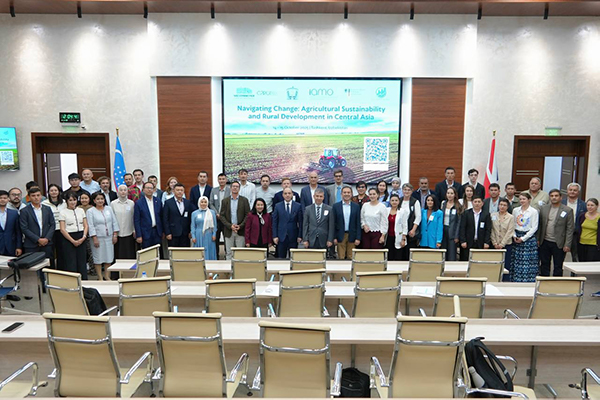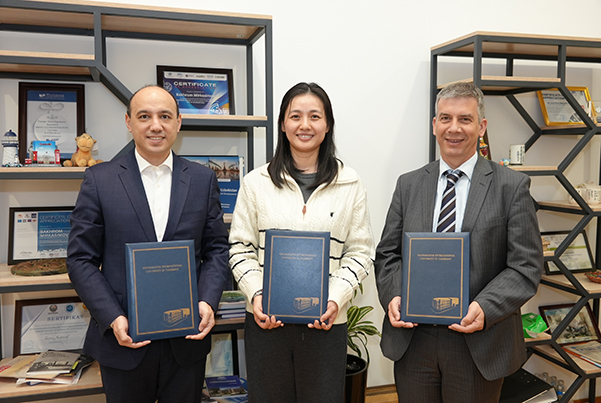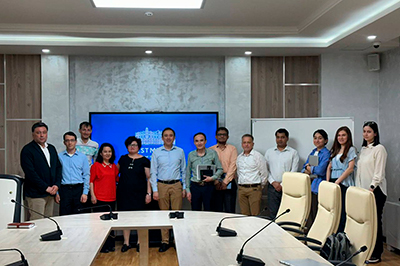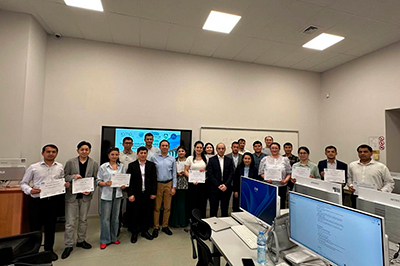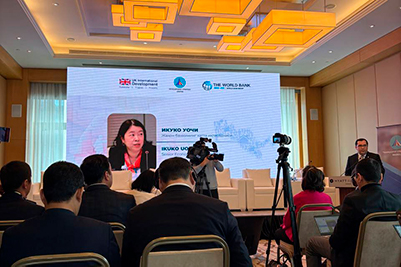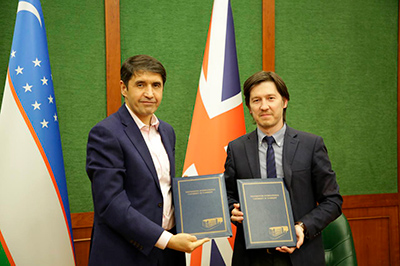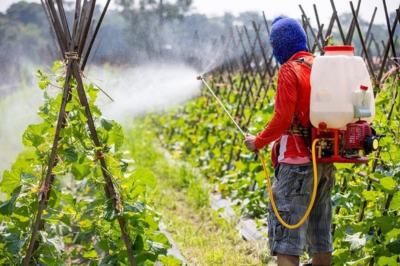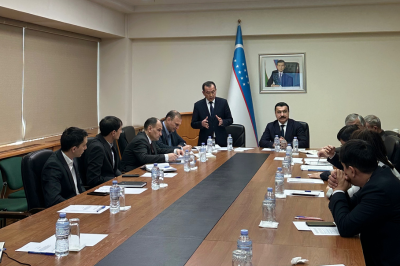In a significant move towards agricultural modernization, Uzbekistan has undertaken substantial reforms to transition from a state-controlled agricultural system to a market-oriented one. The recent contribution by the UzFarmBarometer project researchers to a book New Uzbekistan, edited by Bakhrom Mirkasimov and Richard Pomfret, provides a review of the recent transformative changes in agricultural sector of Uzbekistan, highlighting the Agri-food Development Strategy for 2020-2030. This strategy aims to modernize and diversify the agricultural sector, reduce state intervention, and promote private investments, ensuring sustainable and competitive growth.
The reforms have notably liberalized the cotton and wheat markets, abolished state quotas, and introduced public grain reserves to stabilize wheat prices. These changes have led to increased productivity and higher farm-gate prices, significantly benefiting farmers. The government has also taken steps to eliminate forced labor in cotton picking, transitioning to fair recruitment methods and acceptable monetary remuneration, which have been supported by awareness-raising campaigns on labor rights and increased wages for cotton pickers.
The establishment of cotton-textile clusters has played a crucial role in the reforms, enhancing processing efficiency and providing farmers with better access to inputs and investment in new machinery and textile equipment. These clusters are expected to boost export revenues by accessing international textile markets. However, the transition has not been without challenges. Issues such as cluster monopsony, land tenure insecurity, and the lack of farmers' bargaining power within the newly established system pose significant obstacles.
The horticulture and livestock sectors have seen substantial growth, with the government setting ambitious goals to increase fruit and vegetable exports and diversify export markets. Despite the positive developments, small-scale farmers and smallholders still face significant challenges due to fragmentation and limited access to modern production technologies and markets. The government aims to support these sectors by improving market access and attracting public investment in productivity-enhancing initiatives.
Overall, Uzbekistan's agricultural reforms represent a bold and historically unprecedented effort to increase agricultural production and competitiveness. By addressing both long-standing and emerging challenges, these reforms aim to create a more sustainable, resilient, and inclusive agricultural sector that can support the country's economic growth and food security goals.
The book chapter can be accessed here:
Djanibekov, N., Petrick, M., Herzfeld, T. (2024) Agriculture and rural development reforms. In: Mirkasimov, B., Pomfret, R. (eds.) New Uzbekistan: The Third Renaissance. Routledge, pp. 112-134.

